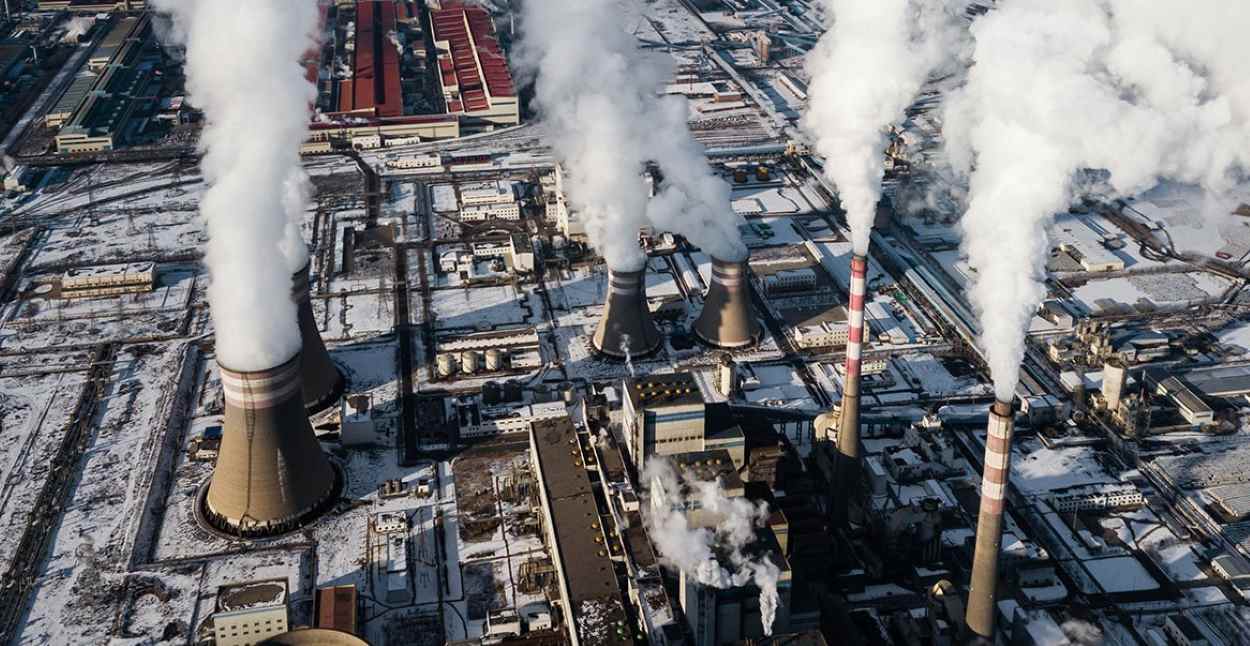Energy ministers from the G7 major democracies have agreed to shut down their coal-fired power plants by the early 2030s to reduce reliance on fossil fuels.
Italian Energy Minister Gilberto Pichetto Fratin, who chaired the G7 ministerial meeting in Turin, announced the technical agreement. “We will seal the final political deal on Tuesday,” he stated.
The ministers are set to release a final communique on Tuesday, outlining the G7’s commitments to decarbonizing their economies.
Pichetto mentioned that the ministers are considering restricting Russian imports of liquefied natural gas to Europe. The European Commission is expected to propose these measures soon.
“We are working on it; I cannot go any further… if there is a final decision, I will communicate it,” Pichetto told journalists during a briefing.
The consensus on coal aligns with goals set at last year’s COP28 United Nations climate summit. The summit called for phasing out fossil fuels, notably coal, which is the most polluting among them.
Italy, for instance, generated 4.7% of its electricity from coal last year. The country aims to deactivate its coal-fired stations by 2025, except in Sardinia, whose deadline is 2028.
In contrast, coal plays a larger role in Germany and Japan. Last year, coal accounted for more than 25% of their electricity production.
Under Japan’s presidency last year, the G7 committed to concrete steps towards eliminating coal power. However, they did not specify a deadline.
The meeting also prioritized discussions on nuclear energy and biofuels. According to Pichetto, these topics will feature in the final communique as options for G7 nations to decarbonize power generation and transport.
Additionally, the G7 might call for a significant increase in battery capacity by 2030. This six-fold rise from 2022 levels is essential for storing intermittent renewable energy.






